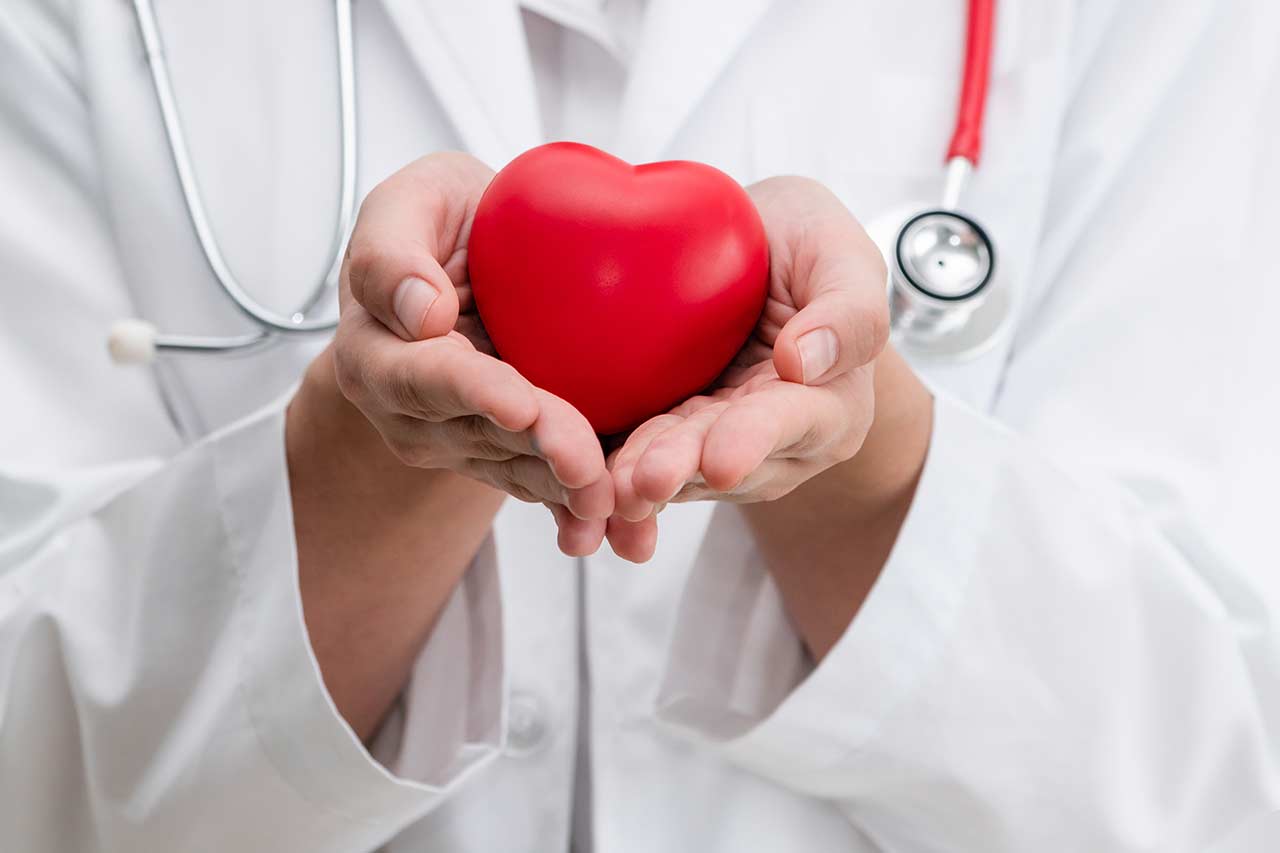Attention Deficit Hyperactivity Disorder (ADHD) Treatment in Charleston, SC
ADHD is a persistent lack of attention with the inability to control impulsiveness. This manifests as restlessness, difficulty sitting still, and problems completing tasks, and may be accompanied by learning issues, decreased memory, mood swings, and even temper tantrums. At The Center for Occupational and Environmental Medicine (COEM), we provide comprehensive and specialized treatment for ADHD. For more information, contact us today or schedule an appointment online. We are conveniently located at 7510 North Forest Drive North Charleston, SC 29420. Patients routinely fly in to be evaluated by COEM, as we serve patients internationally. Find out if you have been exposed, extensive lab testing is available.




Table of Contents:
Is your child on Ritalin?
Let’s first define ADHD.
What is happening in these children’s brains?
Note that the susceptibility doesn’t mean inevitability!
What are the treatment options for ADHD?
Is there a non-drug option to treat ADHD?
References
Attention Deficit Hyperactivity Disorder (ADHD)
Submitted by Timothy J. Callaghan, M.D. for COEM’s Website
Three to seven percent of children (and one to six percent of adults) have been diagnosed with ADHD, and the use of pharmaceutical drugs to treat this condition is estimated to double every six years. Why?
In schools across America, teachers and nurses find themselves having to supervise the administration of their students’ ADHD psycho-stimulant medication. In order to deal with ADHD symptoms, more and more children are being placed on drugs like Ritalin, Adderal, and Concerta.
ADHD is a persistent lack of attention with the inability to control impulsiveness. This manifests as restlessness, difficulty sitting still, and problems completing tasks, and may be accompanied by learning issues, decreased memory, mood swings, and even temper tantrums. As a consequence, the child’s self-esteem may be devastated and the parent exhausted.
Since there is no clear objective test to diagnose this condition, it is critical to get a second opinion and, hopefully, one opinion should be from a developmental specialist. There is a fear that many “boys who are just being boys” will be labeled in error.
Current research indicates that there may be a “perfect storm” combining genetic predisposition (vulnerability) and environmental triggers. We in Environmental Medicine feel that “genetics loads the gun but the environment pulls the trigger.”
Professor Richard Deth of Northern University has discovered that ADHD (and autistic) individuals have problems at the D4 (dopamine) receptors of the brain. These receptors, critical to normal brain transmission and signaling, are genetically different in ADHD children and may explain their susceptibility.
Researchers Harding, Jodah, and Gant list in their 2003 study eight categories of triggers. The researchers can be commended for identifying and initiating research into these eight areas of possible “triggers.” This concept of triggering mechanisms is the big key and has been utilized by Environmental Medicine physicians to successfully treat this condition for nearly thirty years!
The traditional approach to ADHD treatment is psycho-stimulant medication. It can be very effective and has helped many. However, there are often dangerous side effects and concerns over long-term use. One study showed chromosomal breaks with Ritalin. Another study found possible growth suppression. Some children exhibit insomnia, headaches, dizziness, loss of appetite, neurological ticks, abdominal pain, social withdrawal, fatigue, obsessive-compulsive disorder (OCD), “Zombie”-like behavior, and the possibility of increased risk for drug addiction. Side effects often necessitate anti-depressants and mood stabilizers being used to control emotional problems that are consequences of the medicine.
At the Center for Occupational and Environmental Medicine, we look at the entire biochemistry pattern of the patient and utilize non-toxic treatments. After a very comprehensive initial evaluation, a battery of tests is performed to look for triggers. Testing includes tests to evaluate levels of toxic metals; hidden yeast or bacterial infections; allergies (including food allergies); deficiencies of important minerals, especially iron, as well as essential fatty acids and amino acids; and blood levels of glucose and insulin to rule out poor blood sugar control as a cause of mood swings.
Based on this wealth of information obtained from a comprehensive diagnostic work-up, we are often able to identify the causes behind the behavior of ADHD. With a proper diagnosis, treatment becomes much easier, and more importantly, more effective. We have been utilizing this approach at The Center for nearly 30 years and have seen wonderful success stories with many of our young patients. See Success in Treating Attention Deficit Disorder.
If you would like help for your child or other loved one with ADHD, please contact us The Center for Occupational and Environmental Medicine (COEM) and talk with one of our staff. ADHD doesn’t have to limit your child’s potential. Please remember adults also suffer from ADHD and these same principles apply. When the causes are identified, there is a multitude of natural and effective treatment options available. We are conveniently located at 7510 North Forest Drive North Charleston, SC 29420. We serve patients from Charleston SC, Mount Pleasant SC, Summerville SC, North Charleston SC, Goose Creek SC, Ladson, SC, Hanahan SC, James Island SC, John’s Island SC, Daniel Island SC, West Ashley SC, Moncks Corner SC, Sullivans Island SC, Folly Beach SC, Isle of Palms SC and all of South Carolina, Nationally, and Internationally. Patients routinely fly into Charleston to be evaluated by COEM and to enjoy this beautiful city, which is a Condé Nast and Travel and Leisure Top Domestic and International Tourist Destination.
• Crook, WG. The Yeast Connection and the Woman. Jackson, Tennessee: Professional Books, Inc., 1995.
• Harding KL, Judah RD, Gant G. Outcome-based comparison of Ritalin versus food supplement treated children. Altern Med Rev 2003; 8(3) 319-30.
• Pangborn, JB and Baker SJ. Autism: Effective Biomedical Treatments. San Diego, California: Autism Research Institute, 2005.

Additional Services You May Like
- Functional Medicine
- Allergy and Autoimmunity
- Asthma and COPD
- Autoimmune Diseases
- Allergy and Immunology
- Anti Aging Medicine
- Autism and Children
- ADHD
- Bacterial Infections
- Chemical Toxicity
- Candida Fungal Problems
- Cancer Treatment
- Chronic Illness
- Chronic Inflammatory Response Syndrome (CIRS)
- Chronic Fatigue
- Cardiovascular Disease
- Carbon Monoxide Poisoning
- Chelation Therapy
- Depression
- Environmental Medicine
- Ear Ringing and Dizziness
- Fatigue Treatment
- Fertility and Preconception Care
- Gut Health
- Heavy Metal Toxicity
- Hormonal Imbalances
- Headaches and Migraines
- Hormone Balancing (Men & Women)
- Hepatitis
- Integrative Medicine
- Independent Medical Evaluations
- Influenza
- Lab Testing
- Mold Toxicity
- Malnutrition
- Neurodegenerative Disease
- Natural Hormone Balancing For Women
- Preservative-Free IV Therapy
- Stomach Acid Imbalance
- Smoking Cessation Program
- Skin Therapy (Anti-Aging)
- Swine Flu
- Thyroid
- Mold Toxicity
- Vitamin D
- Weight Loss Program
- Women’s Breast Health Formula

Additional Services You May Like
- Functional Medicine
- Allergy and Autoimmunity
- Asthma and COPD
- Autoimmune Diseases
- Allergy and Immunology
- Anti Aging Medicine
- Autism and Children
- ADHD
- Bacterial Infections
- Chemical Toxicity
- Candida Fungal Problems
- Cancer Treatment
- Chronic Illness
- Chronic Fatigue
- Cardiovascular Disease
- Chronic Inflammatory Response Syndrome (CIRS)
- Carbon Monoxide Poisoning
- Chelation Therapy
- Depression
- Environmental Medicine
- Ear Ringing and Dizziness
- Fatigue Treatment
- Fertility and Preconception Care
- Gut Health
- Heavy Metal Toxicity
- Hormonal Imbalances
- Headaches and Migraines
- Hormone Balancing (Men & Women)
- Hepatitis
- Integrative Medicine
- Independent Medical Evaluations
- Influenza
- Lab Testing
- Mold Toxicity
- Malnutrition
- Neurodegenerative Disease
- Natural Hormone Balancing For Women
- Preservative-Free IV Therapy
- Stomach Acid Imbalance
- Smoking Cessation Program
- Skin Therapy (Anti-Aging)
- Swine Flu
- Thyroid
- Mold Toxicity
- Vitamin D
- Weight Loss Program
- Women’s Breast Health Formula










